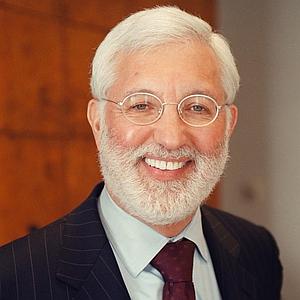A committee of law professors that I co-chair with Lucian Bebchuk has
petitioned the Securities and Exchange Commission to develop rules requiring public companies to disclose the use of shareholder money on politics. The petition has drawn over 500,000 supportive comments, more than
any rulemaking proposal in the SEC’s history, including support from
institutional investors and
Members of Congress along with a sitting
Commissioner. Although the SEC confirmed last year that it was
considering the proposal and added disclosure of political spending
to its regulatory agenda, the Commission has not yet announced whether it will require public companies to tell investors whether and how their money is being spent on politics.
This afternoon, I will join U.S. Senators Bob Menendez and Elizabeth Warren, along with
John Coates of Harvard Law School, for a
briefing on why the SEC should act immediately to develop rules requiring disclosure of corporate spending on politics. Today I will explain why the case for such rules is strong—and why the arguments that have apparently led the SEC to hesitate about making rules in this area provide no basis for continuing to allow public companies to spend shareholder money on politics in the dark.

 Sky Blog
Sky Blog












